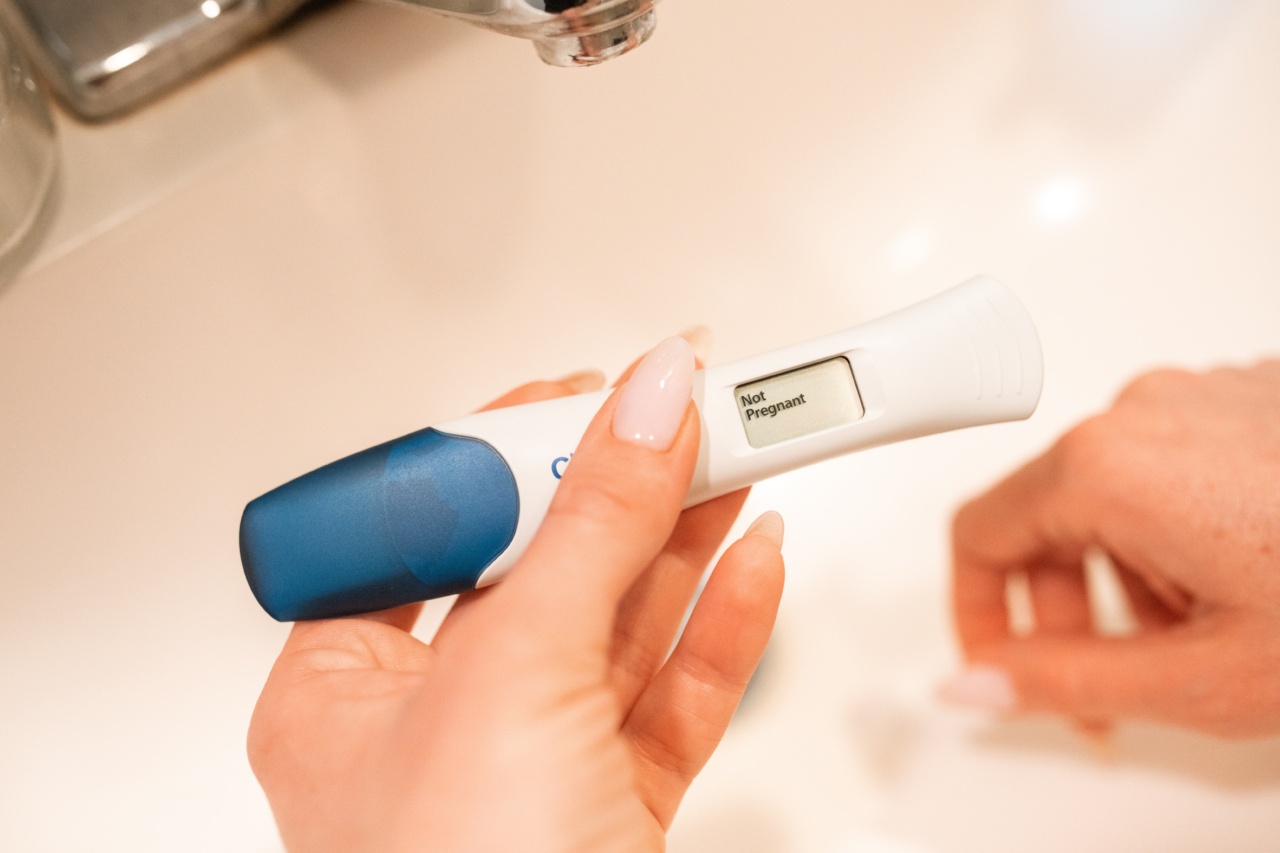High blood pressure, or hypertension, is a condition that affects millions of people worldwide. While it is a common health issue, it becomes particularly concerning when it occurs during pregnancy.
Pregnancy-induced hypertension, also known as gestational hypertension, affects 5-10% of pregnancies and can have significant long-term health implications for both the mother and the baby.
Risks and Complications
Gestational hypertension increases the risk of several complications during pregnancy. One of the most common complications is preeclampsia, a condition characterized by high blood pressure and damage to organs such as the liver and kidneys.
Preeclampsia can lead to premature birth, intrauterine growth restriction, and even maternal and fetal mortality in severe cases.
Furthermore, high blood pressure during pregnancy may increase the risk of developing chronic hypertension later in life.
Studies have shown that women who experience gestational hypertension have a higher likelihood of developing high blood pressure within the following 5-15 years. This long-term risk emphasizes the importance of monitoring and managing blood pressure during pregnancy.
Impact on the Mother’s Health
High blood pressure during pregnancy can have long-term health implications for the mother.
Women who have experienced gestational hypertension are at a higher risk of developing cardiovascular diseases such as heart attacks, strokes, and heart failure later in life. Additionally, they may be more prone to chronic kidney disease and type 2 diabetes.
It is important for women who have had gestational hypertension to remain vigilant about their blood pressure levels and to adopt a healthy lifestyle.
Regular exercise, a balanced diet, and routine check-ups with healthcare professionals can help reduce the risk of developing these long-term health conditions.
Impact on the Baby’s Health
Babies born to mothers with high blood pressure during pregnancy may also face long-term health consequences. Intrauterine growth restriction (IUGR) is one of the risks associated with gestational hypertension.
Babies with IUGR have a lower birth weight and may experience developmental delays. They may also be at a higher risk of chronic diseases later in life, such as obesity, cardiovascular diseases, and hypertension.
Premature birth is another concern for babies born to mothers with gestational hypertension. Premature infants may experience respiratory distress syndrome, have difficulty regulating their body temperature, and may require intensive care.
These babies may also face long-term developmental delays and have an increased risk of certain health conditions, such as cerebral palsy.
Prevention and Management
Preventing and effectively managing high blood pressure during pregnancy is crucial to minimizing the long-term health implications for both the mother and the baby.
Regular prenatal check-ups, including blood pressure monitoring, can help identify any abnormalities early on. Lifestyle modifications, such as a healthy diet, regular exercise, and stress management techniques, can also play a significant role in preventing and managing gestational hypertension.
In some cases, medication may be necessary to control high blood pressure during pregnancy.
However, it is essential for healthcare providers to carefully evaluate the risks and benefits of any medication, as some may have adverse effects on the developing fetus.
Conclusion
High blood pressure during pregnancy, or gestational hypertension, poses significant risks to both the mother and the baby. It increases the likelihood of complications during pregnancy and can have long-term health implications for both.
Regular monitoring, prevention through lifestyle modifications, and appropriate management strategies are essential in minimizing the risks and ensuring the long-term health of both mother and baby.



























